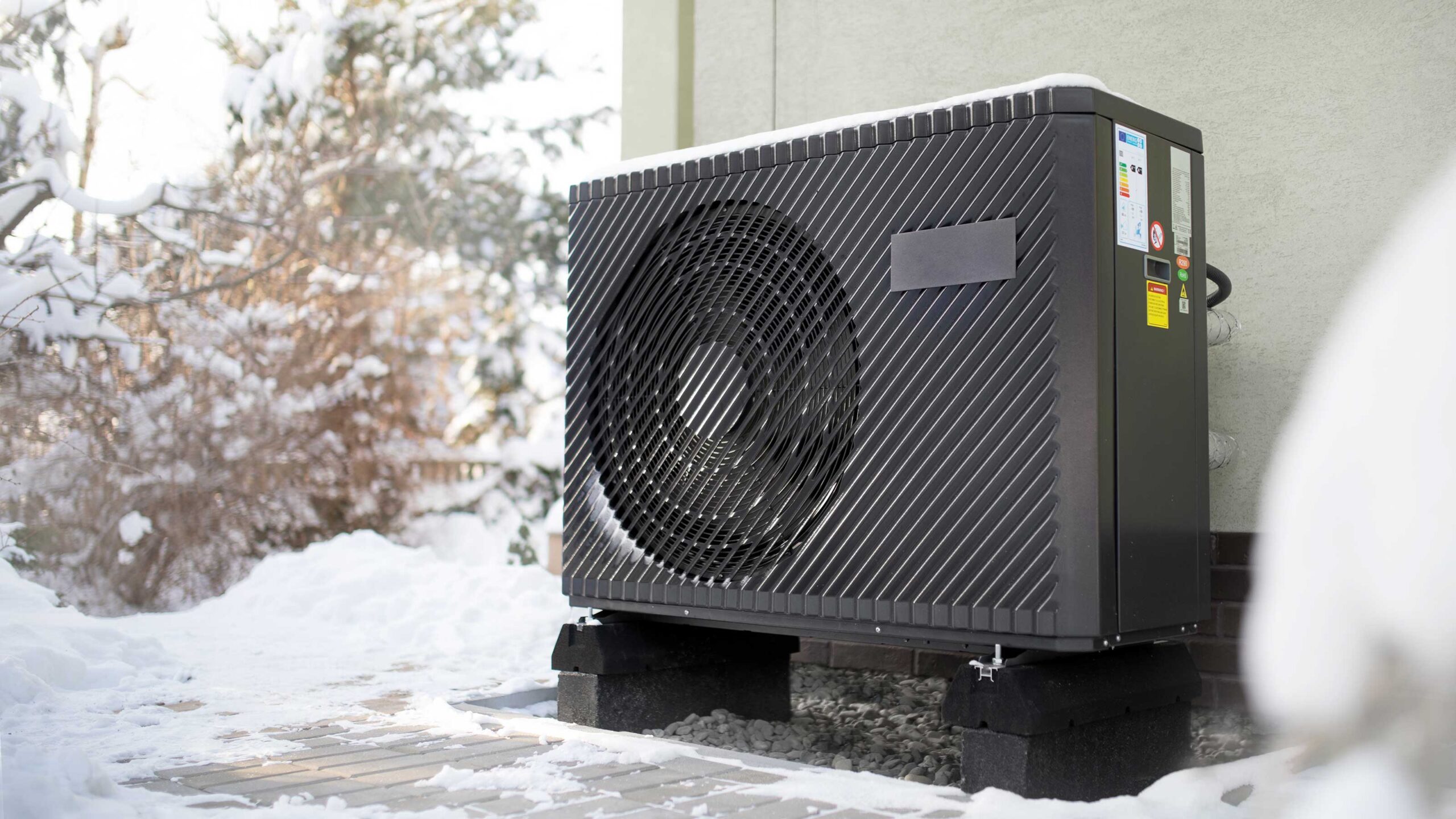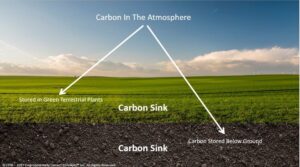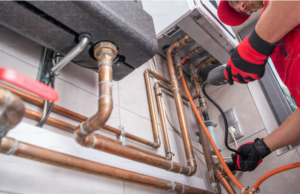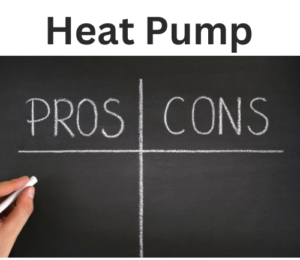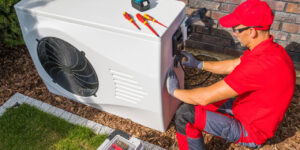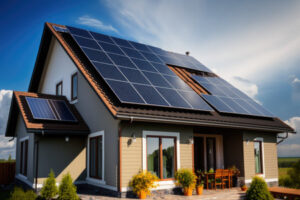Heat pumps can work in snow and cold weather, but their efficiency and performance can vary depending on the type of heat pump and the severity of the cold. Here are some key points to consider:
- Types of Heat Pumps:
- Air-Source Heat Pumps (ASHPs): These are the most common type of heat pumps and extract heat from the outdoor air. Their efficiency tends to decrease as the outside temperature drops. Historically, ASHPs were considered less effective in extremely cold climates, but technological advancements have produced models specifically designed for colder regions, which can work efficiently even when temperatures drop below freezing.
- Ground-Source or Geothermal Heat Pumps: These systems extract heat from the ground or groundwater, which maintains a relatively stable temperature throughout the year. As a result, geothermal heat pumps can be highly efficient even during very cold weather.
- Impact of Snow and Ice:
- Snow and ice can accumulate around the outdoor unit of an air-source heat pump, potentially blocking airflow and reducing efficiency. In extreme cases, the unit can become completely blocked.
- Modern heat pumps often have defrost cycles to prevent ice buildup on the coils. During this cycle, the heat pump may temporarily reverse its operation to melt the ice, which may lead to a brief period where the system isn’t providing heat to the home.
- Backup Heating Systems:
- In colder climates, it might be advisable to have a backup heating system to supplement the heat pump during extremely cold periods. This can be in the form of electric resistance heaters, gas furnaces, or other heating systems. Some heat pumps come with built-in backup heaters for this purpose.
- Cold Climate Air-Source Heat Pumps (ccASHPs):
- Recognizing the need for more efficient heat pumps in cold climates, manufacturers have developed cold climate air-source heat pumps. These are designed to provide efficient heating even when outdoor temperatures drop significantly below freezing.
- Efficiency Metrics:
- When selecting a heat pump for cold climates, it’s important to look at its Heating Seasonal Performance Factor (HSPF), which gives an indication of its heating efficiency. A higher HSPF indicates better efficiency.
In conclusion, while heat pumps can work in snow and cold weather, their effectiveness will depend on the specific model, the severity of the cold, and any additional backup or supplemental heating systems in place. If you live in a region with cold winters and are considering a heat pump, it’s essential to choose a model designed for colder climates and to ensure it’s installed correctly. Regular maintenance, including clearing snow and ice from around the unit, will also help ensure optimal performance

